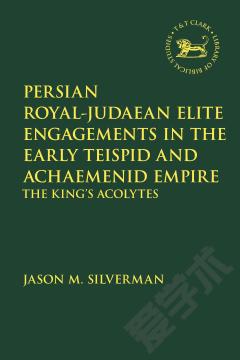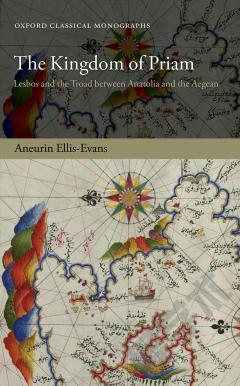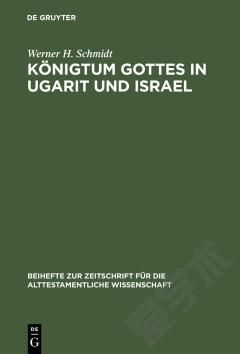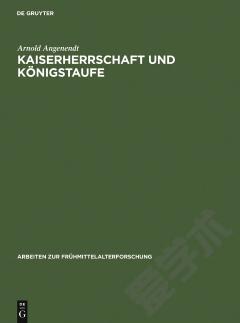Persian Royal–Judaean Elite Engagements in the Early Teispid and Achaemenid Empire —— The King's Acolytes
----- 波斯王室-犹太精英在泰斯匹德和阿契美尼德帝国早期的交战:国王的助手
Jason Silverman presents a timely and necessary study, advancing the understanding of Achaemenid ideology and Persian Period Judaism. While the Achaemenid Persian Empire (c. 550–330 BCE) dwarfed all previous empires of the Ancient Near East in both size and longevity, the royal system that forged and preserved this civilisation remains only rudimentarily understood, as is the imperial and religious legacy bequeathed to future generations. In response to this deficit, Silverman provides a critically sophisticated and interdisciplinary model for comparative studies. While the Achaemenids rebuilt the Jerusalem temple, Judaean literature of the period reflects tensions over its Persian re-establishment, demonstrating colliding religious perspectives. Although both First Zechariah (1–8) and Second Isaiah (40–55) are controversial, the greater imperial context is rarely dealt with in depth; both books deal directly with the temple's legitimacy, and this ties them intimately to kings' engagements with cults. Silverman explores how the Achaemenid kings portrayed their rule to subject minorities, the ways in which minority elites reshaped this ideology, and how long this impact lasted, as revealed through the Judaean reactions to the restoration of the Jerusalem temple.
{{comment.content}}








 京公网安备 11010802027623号
京公网安备 11010802027623号